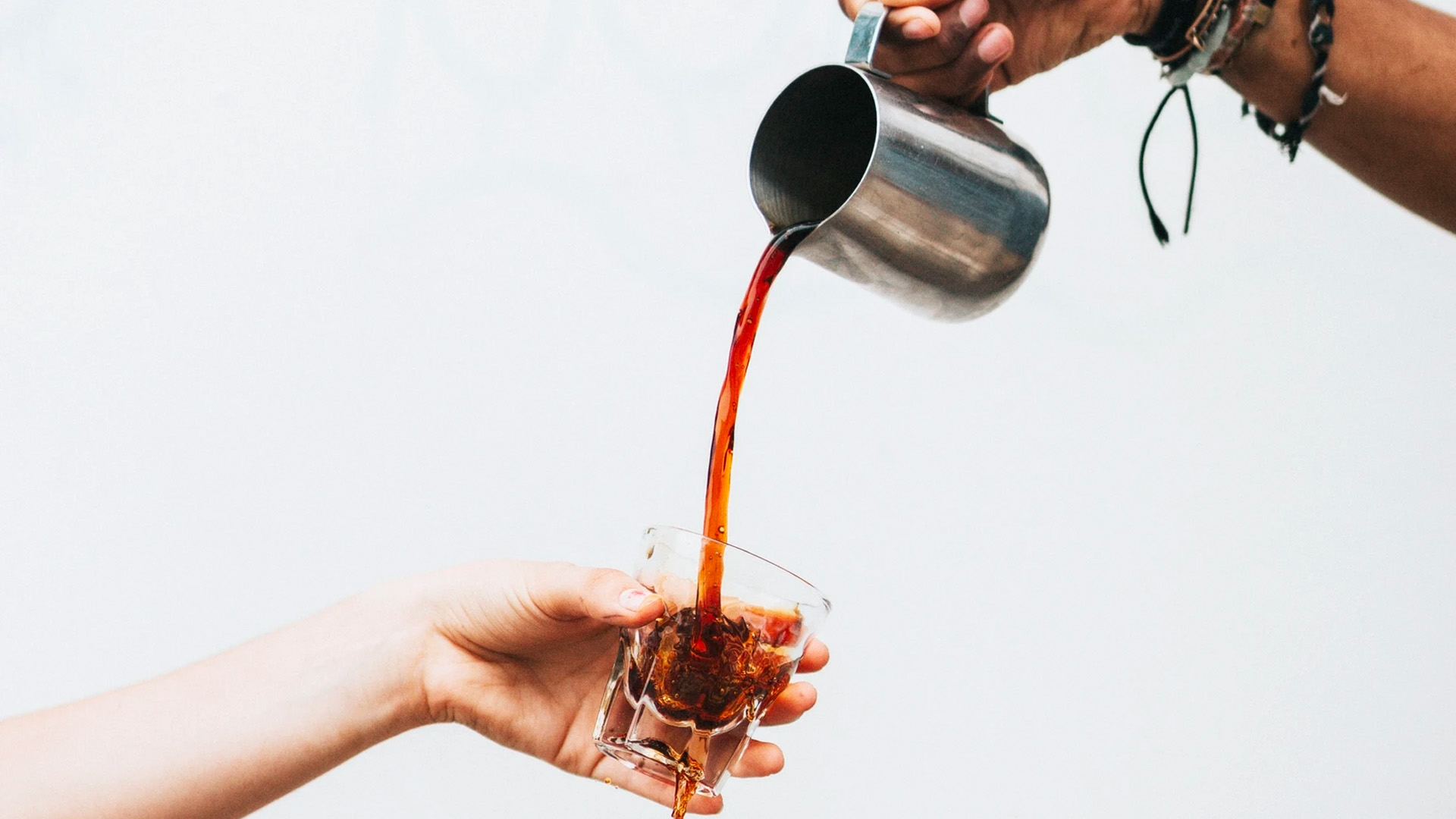Coffee OR decaf?

Decaf coffee has around 3 mg of caffeine per cup compared to 85mg in a regular cup of coffee, both regular and decaf coffee contains an abundance of antioxidants.
To remove the majority of caffeine the beans are soaked in water to help dissolve the caffeine, then there are 3 different process methods that can be used to extract the caffeine:
- The first method uses chemicals like methylene chloride or ethyl acetate which is added to the water. These chemicals are used in paint thinners and nail polish removers.
- The other 2 methods are chemical free, namely the Swiss Water Process which uses a charcoal filter or the third method which uses liquid carbon dioxide.
- Whilst all the above methods are deemed safe, we wouldn’t want to drink decaffeinated coffee that has used chemicals, the problem is it is not a requirement for the labels to state which method is used.
Our advice. If you love coffee but don’t respond well to it (sleep disturbed, jitters, heartburn, reflux, anxiety, cravings), you can try decaf. Just opt for organic options as these will be chemical free. You can also check at your local coffee shop what decaf beans they use- although in Singapore it is not that easy to get decaf coffee.
And when it comes to coffee, we are talking about coffee- not the whole host of sugary drinks that use coffee as a base.